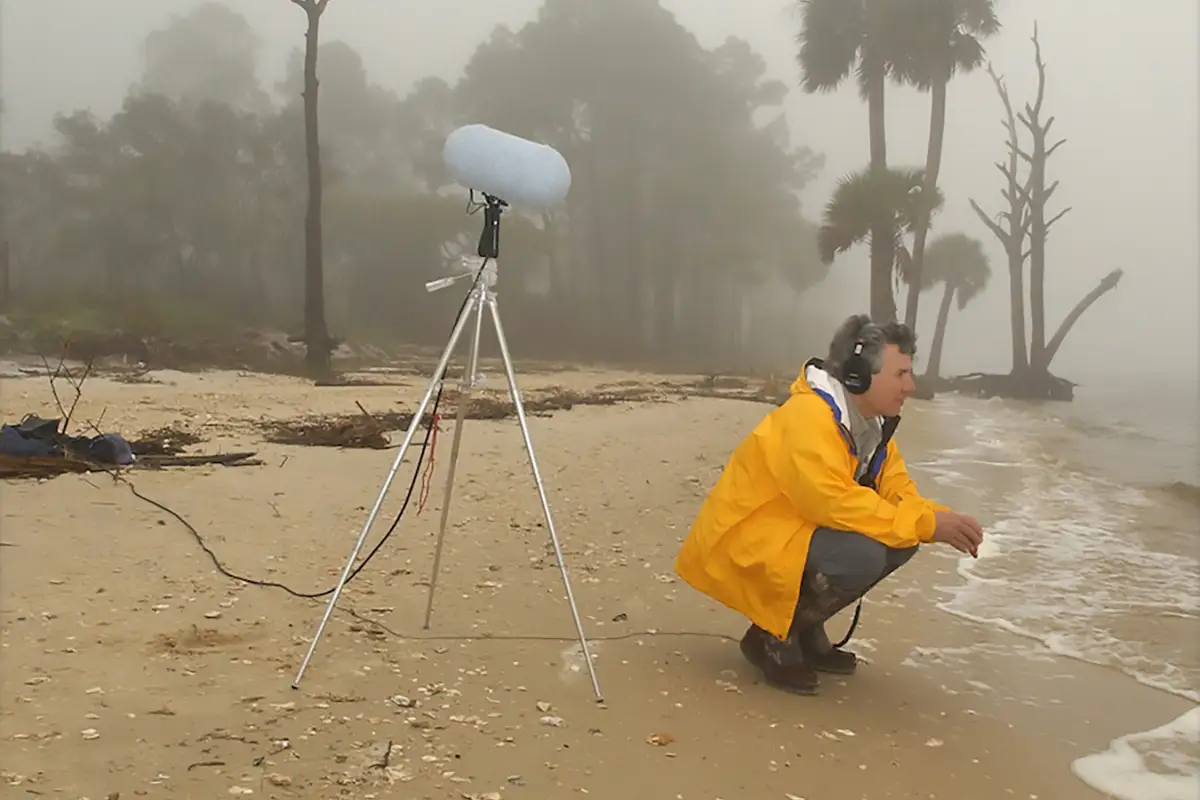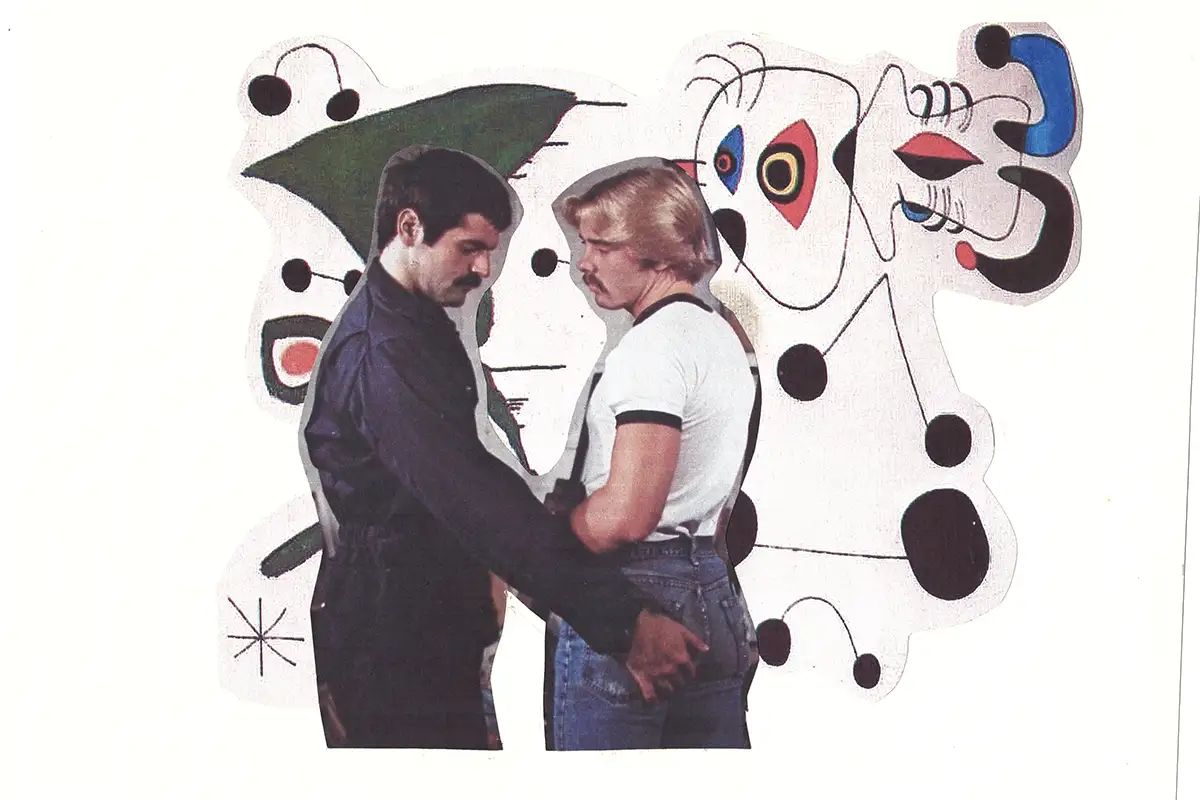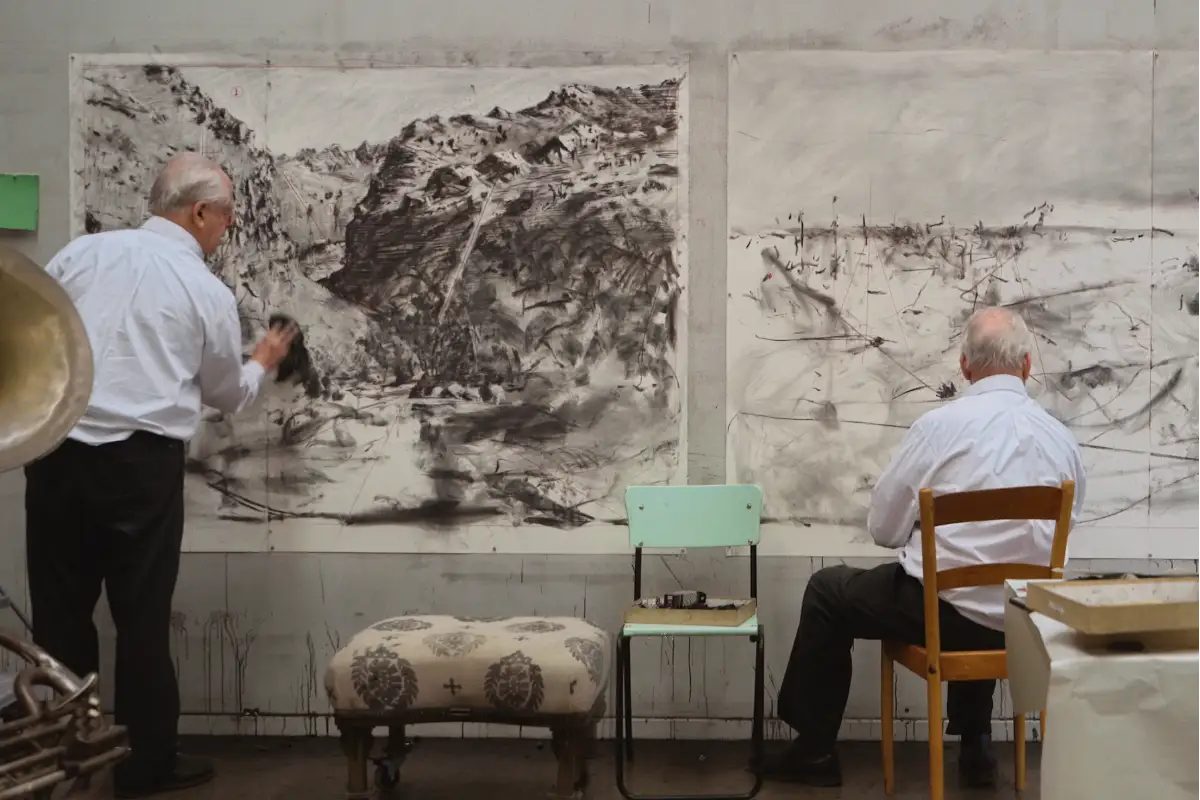Salvatore Ferragamo launched Sustainable Thinking, a digital platform in eight different languages: a new era is marked as Mr. Marco Gobbetti is appointed CEO of the company
Ferragamo launches Sustainable Thinking platform
Launched on the occasion of The Earth Day, on 22nd of April, Ferragamo’s digital platform Sustainable Thinking, with thematic features embracing 360° sustainability, represents a conceptual space where the project and activities of the brand are brought together. Underling the need for dialogue and exchange, the platform was created to host, cultivate, and amplify the discussion about sustainability, inclusivity, equality, ethical conduct, and community support. Following the claim «To act sustainably, we must think sustainably» contributors from all around the world – the first one was author, journalist, and British Fashion Council’s Ambassador Sarah Mower – with different points of view and experiences are coming together to hold discussions surrounding the evolution of sustainability issues and are helping the brand to create a network of contributors.
Lampoon reviews the Sustainable Thinking collection
According to the Manifesto published on Ferragamo’s website, Sustainable Thinking is at the heart of who they are, and their renewable energy is represented by the brand’s heritage that has been used as inspiration for a limited-edition capsule collection launched with the platform. The cork, a natural and renewable material, which Salvatore Ferragamo himself used for the first time back in 1930, when he created a wedged sandal in which the platform was made by cork, today is used in the reinterpretation of the Top Handle bag. The Earth Top Handle Bag, created for 2021 Earth Day, is made of FSC certified cork, while the lining is in pure linen. «Cork is a product that grows on trees. The bark of the cork oak is taken off, they cut around the crust, and peel off one layer, and then it grows back. It’s an old way of farming, completely renewable and protective of biodiversity», explains James Ferragamo. «The cork goes through a process of refining – and from there, you can create anything: it’s a flexible material, but at the same time also durable. And this product is an example of artisan-craftsmanship because it’s woven by hand». The Rainbow Sandals, that Salvatore Ferragamo created for the actress Judy Garland in 1938, inspired the Rainbow Future Sandals, a limited edition of one hundred pieces crafted in organic crochet and supporting Treedom. Each pair of shoes comes with a certificate of an orange tree planted in the countryside near Catania, Sicily. The image of the rainbow, to which the brand is linked, is also the main feature of the 42 Degrees capsule collection. The capsule of two sneakers one model for male and the other for female and a shopping bag is the results of an in-house competition linked to the Sustainable Thinking Project in which all the designers from Salvatore Ferragamo’s team took part in. Sustainable not only in the material but also in the manufacturing and in the supply chain, it is a tribute to the rainbow as a natural phenomenon. Lastly, the Viva Ballet Flat are reinterpreted, mixing the brand iconicity with low environmental impact materials, in the Responsible Viva, made of recycled cotton, polyester yarns, bio-based plastic and natural rubber. The responsible re-edition of the F – 80 Skeleton has the strap made of materials with low environmental impact such as the post-consumer recycled PET fiber fabric. A thin layer of FCS cork covers the inside, and the leather is vegetable tanned.
Salvatore Ferragamo’s Values and goals
If creativity and innovation developed through the tradition of craftsmanship have been the core of the Italian house since the beginning of the Ferragamo Brand and are still tangible elements in its design and production, it’s thanks to the people working for it. «We work with people, for people» is written in the Manifesto. Deeply rooted in Tuscany, the bond to the local areas, its culture and the people working for the brand, are the reason of its commitment to the safeguarding of the places where it operates. Up to fifty percent of the brand’s production is located in Tuscany which allows the brand to maintain and nourish close relationships with suppliers and artisanal factories, some of which have been working with Ferragamo since Salvatore Ferragamo himself established relationships with them over sixty years ago. «Making locally provides us the ability to monitor and control that elements of sustainability are being carried out in all aspects: the way that workers are being compensated or treated, or in the balance of the workforce, the ethical principles followed in the factories we collaborate with» stated James Ferragamo. The commitments that the brand has taken are all presented in detail in its Sustainably Thinking platform that allows customers to follow the brand’s progress in its sustainability goals and better understand where the products they’re buying come from. «Within today’s concept of luxury, it’s a question of making sure that the sustainability element is taken into consideration. That’s exactly what we see today’s customers are coming to expect», stated Mr. Ferragamo.
Aditi Mayer for Sustainable Thinking
Recently the brand has presented its second guest for the Sustainable Thinking platform, sustainable fashion photojournalist, labor rights activist and speaker Aditi Mayer. The twenty-four-year-old activist has used the space provided to her by the platform to address today’s degenerative model in fashion. In her editorial, Mayer states that «Sustainability demands reimagination of the system. Sustainability demands an interrogation of power. Sustainability demands we look at the impact of fashion not only as a product we see in stores, but also its beginnings: as a product of land and labor. Though we can buy more sustainably, we can’t buy sustainability – for true sustainability requires a cognitive shift». It’s in order to obtain that shift that she proposed four cognitive shifts that we, as consumers and as a society, must undertake to reach our goal. Amongst these are the understanding that fashion is a byproduct of agriculture – and that as such it can’t be treated with a ‘one size fits all’ approach but that we need to make individual choices and adjustments for each fabric taking into accounts factors such as the climate of the region or if the fiber is indigenous to the region – and the return to a more local based – and therefore less West-centric based– approach in the production of fashion which would mean the adoption of indigenous forms of productions that were destroyed or put aside as a result of colonial systems. The other two cognitive shifts required are a change from a ‘mass production’ model to a ‘production by the masses’ one which would mean a more engaged approach with our clothes – from mending to upcycling – and the change from an individual buyer to a consumer activist, meaning an informed consumer «who can help push for policy changes and material reform».
Through giving voice and space to different players in the search for a more sustainable fashion system, the platform will enable an active discourse around such themes and a constant dialogue with reality. As Micaela Le Divelec Lemmi, Salvatore Ferragamo CEO, affirmed: «Our industry has had to rethink timing and priorities. Sustainable Thinking is a starting point and the course we are charting to achieve the shared dream of an ever more sustainable future. Sustainable Thinking is our commitment to being responsible in the creation of real and long-lasting beauty, by drawing on the fundamental values of Genius Loci, like masterful craftsmanship, technology, research and sustainability ». The platform, optimized for all devices and translated into Italian, English, French, Spanish, simplified and traditional Chinese, Japanese and Korean, is accessible from Ferragamo website and the renovated website sustainability.ferragamo.com.
Ferragamo Group
The Ferragamo Group is an Italian fashion house. Founded in 1927 by Salvatore Ferragamo as a business for the creation, manufacture and sale of ladies footwear, over years the brand added the ready-to-wear and the leather goods lines, becoming today one of the leading luxury group in womenswear and menswear. Flying from Italy, to Hollywood and then back in Florence, Salvatore Ferragamo created shoes for the most famous actress such as Carmen Miranda, Audrey Hepburn, Rita Hayworth, Greta Garbo, Marlene Dietrich and the Italians Sophia Loren and Anna Magnani, that gave him the name of Shoemakers of the Stars by American press. Mr. Marco Gobbetti enters the company as CEO in July 2021




















